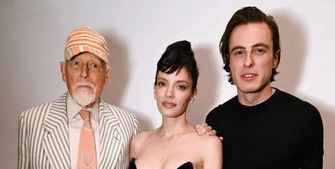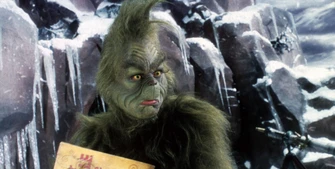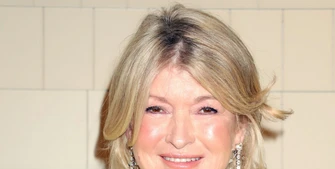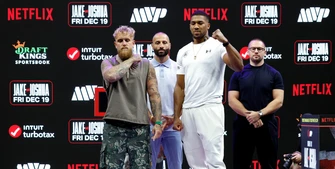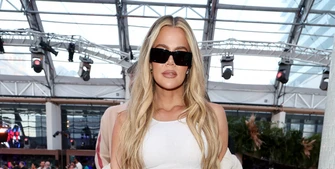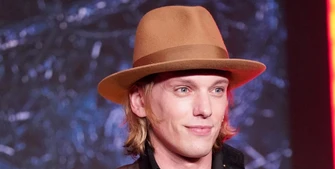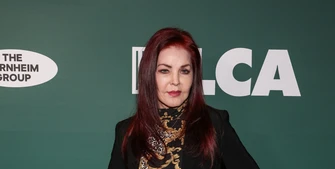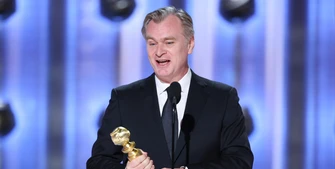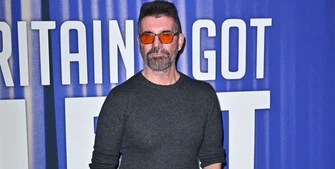Tim Burton was ordered to slash Beetlejuice sequel budget to land big screen release
'Beetlejuice Beetlejuice' filmmaker Tim Burton was told to cut his budget by almost $50 million to secure a theatrical release.
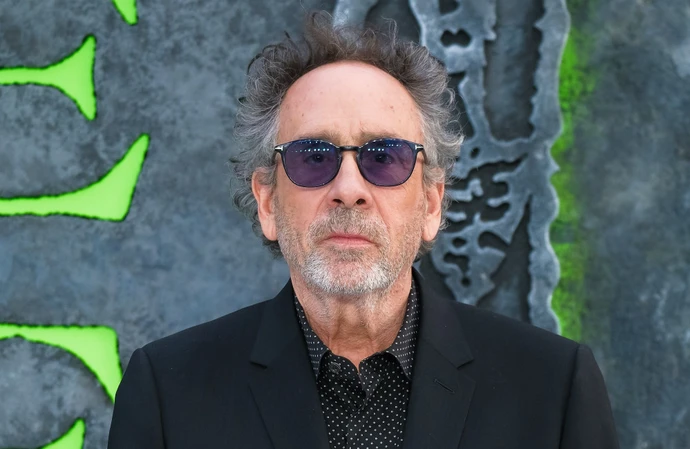
Tim Burton had to cut his 'Beetlejuice Beetlejuice' budget by almost $50 million.
The legendary filmmaker had to make some changes to get Warner Bros to greenlight his highly anticipated sequel to the original 1988 classic, with studio bosses originally pushing for the movie to be made for the Max streaming service.
Warner co-chair Pamela Adby told the New York Times newspaper: "That was never going to work for Tim.
"You’re talking about a visionary artist whose films demand to be seen on a big screen.”
However, Adby and her fellow film executive Michael De Luca were cautious, after movies like 'Dumbo' failed to make a splash at the box office.
The projected budget for the 'Beetlejuice' sequel was around $147 million, with the bulk of that set aside for star salaries and fees for producers.
This was seen as too risky, with the outlet reporting that Warner agreed to a theatrical release if Burton would make the movie for under $100 million.
The filmmaker's agent Mike Simpson started negotiations to see if any stars would join the project for a smaller upfront payment, in return for a bigger piece of the 'back end'.
Simpson added: "Two months went by where every day the movie almost died."
While talks were ongoing, Adby and De Luca ignored advice from their studio's business development team by pouring "hundreds of thousands of dollars a week on preproduction".
This meant that when the deals were in place with the actors, Burton and his team could get straight to work without risking his stars having to move onto other jobs.
The main cast - including Michael Keaton, Winona Ryder, Jenna Ortega and Catherine O'Hara) all agreed to take "substantially less money upfront", while Burton and other producers did the same.
Other cuts were made in terms of shooting, as well as "tax incentives", to make sure the film's budget fell enough to be greenlit.
It cost $99 million to make, with box office projections putting its worldwide ticket sales thus far at around $264 million.

